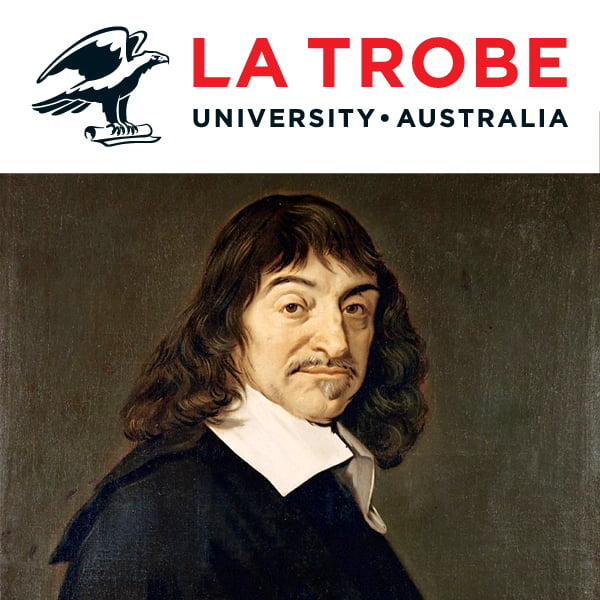Cogito Ergo Sum
Description
The foundation of all science and other knowledge is found, according to Descartes, in the indubitable belief that I exist (the cogito claim). As soon as I have the thought, "I am thinking, so I exist", I realize this thought cannot be doubted: simply to have it, is to see that it is true. The problem is that in the first "Meditation", Descartes had introduced the possibility that even logic and mathematics is dubitable if we imagined our minds might be subject to manipulation by an evil demon or mad scientist. So why should the cogito be excepted? Has Descartes' commitment to hyperbolic doubt undermined his own project?
Copyright 2014 La Trobe University, all rights reserved. Please contact for permissions.
More Episodes
Descartes' dualism of mind and body is a lasting legacy. Nowadays many people still believe the body is less well-known than the mind and that there is a mystery about how the mental and the physical can interact. His correspondence with Princess Elizabeth of Bohemia prompted him, late in life,...
Published 06/27/14
Published 06/27/14
Descartes' dualism of mind and body is a lasting legacy. Nowadays many people still believe the body is less well-known than the mind and that there is a mystery about how the mental and the physical can interact. His correspondence with Princess Elizabeth of Bohemia prompted him, late in life,...
Published 06/27/14


